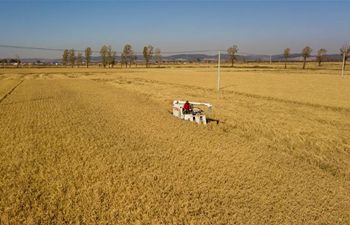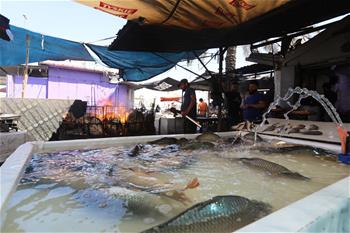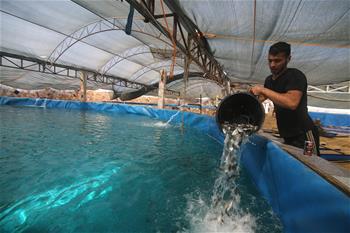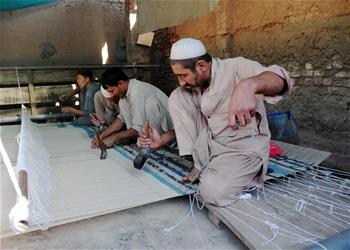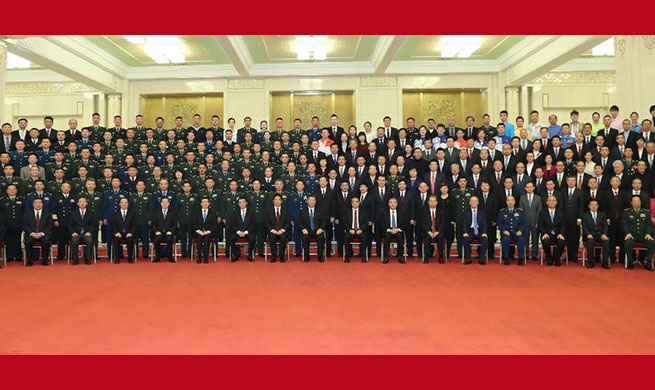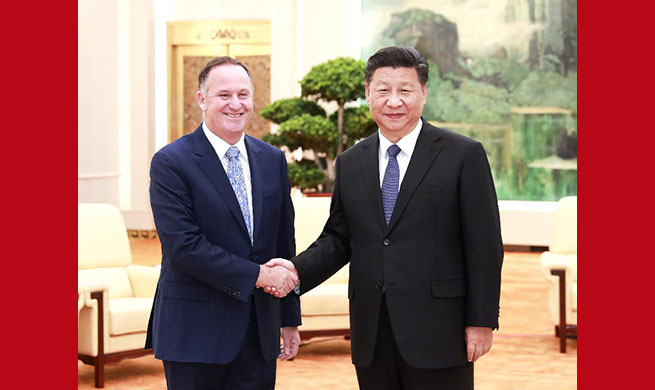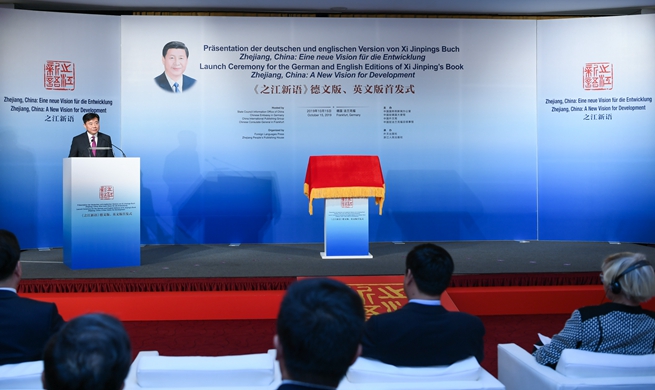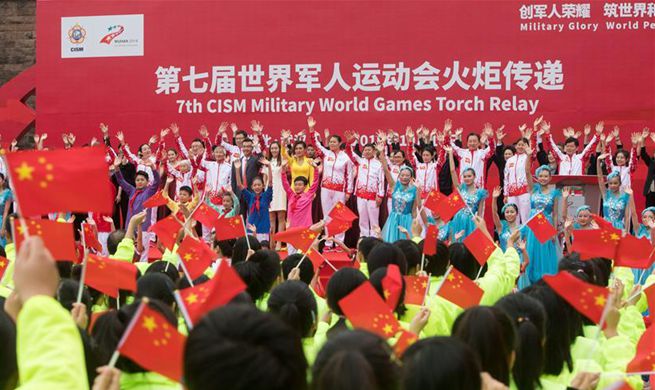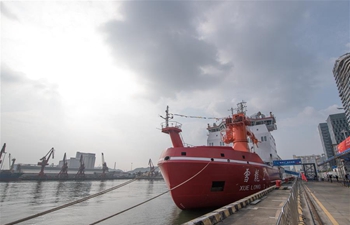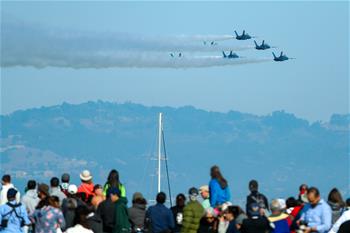UNITED NATIONS, Oct. 16 (Xinhua) -- Despite very difficult challenges, the United Nations and its humanitarian partners are on the ground throughout strife-torn northeast Syria, providing basic services to people in need, where access allows, a UN spokesman said on Wednesday.
"The environment has been made more complex as areas change control after agreements and military advancements," said Stephane Dujarric, spokesman for UN Secretary-General Antonio Guterres.
Dujarric was referring to accords between Kurdish and Damascus-backed forces following the withdrawal of U.S. troops from posts along the border, which allowed Turkish forces to advance into Syria.
"Due to changes on the ground and ongoing insecurity, some NGO (nongovernmental organization) partners have had to transfer international staff who were operating in the northeast out of the area, others have had to temporarily suspend operations," Dujarric said, adding that UN staff remain in the northeast part of Syria.
Humanitarian workers are committed to stay and deliver -- as much as possible -- for people in need, minimizing service disruptions, he said.
Most recently, emergency food rations for 83,000 newly displaced people have been provided as a priority along with hygiene kits and drinking water, he said.
Efforts continue to keep aid pipelines open to ensure assistance continues. At the same time, a polio vaccination campaign is underway in camps for the internally displaced, said the spokesman.
The most recent official tally of displaced since the Oct. 9 invasion by Turkey into northeast Syria was given as 160,000 people.
However, Dujarric said there are 1.8 million people in need in the same area and they are being supported through a basic service system that combines humanitarian aid deliveries from within Syria and through cross-border operations.
"The UN continues to reiterate that this requires safe, sustained and unimpeded humanitarian access to all people in need," he said. "The UN also reminds all parties of their obligations under international humanitarian law to protect civilians and civilian infrastructure."




